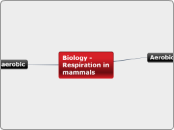по Kenneth McCormick 10 лет назад
239
Kenny Biology
Cells contain four primary types of macromolecules essential for their structure and function. Carbohydrates provide energy and structural support, while nucleic acids like DNA store genetic information crucial for cellular activities.









